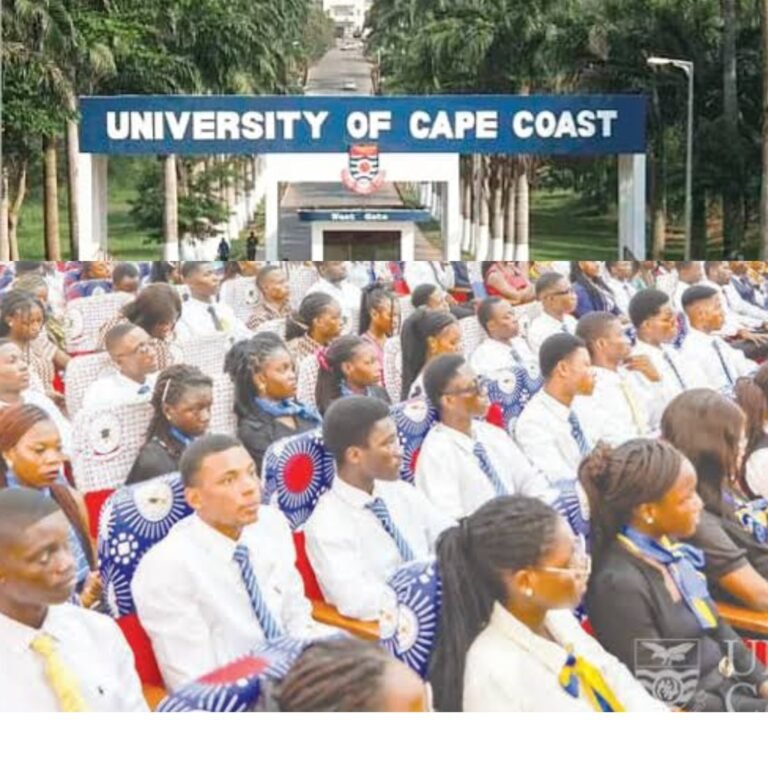
The naysayers continue to sound the alarm bells, claiming that the government’s programmes to stay on course in achieving its over four percent growth projection for 2022 cannot be possible.
Even when Ghana managed a slim growth last year under trying COVID-19 conditions, the critics, instead of appreciating the feat, continued to lash at the government. Their excuse has been rising expenditure, though it was natural that under the pandemic, expenditure would be high.
That argument even failed to consider the government’s programmes at widening coverage in the health and educational sectors, including sustaining the Free SHS programme. They also ignored the support given around that crunch period to businesses to keep them alive so that workers stayed employed in sustaining social stability
It appears that the NDC looked only at rising debt and concluded that it was enough disincentive to investment.
Wary investors
Admittedly, any serious investor would always do his due diligence on where he is putting his money, before going in to invest. That is why they would look at Fitch or Moody’s and World Bank country reports to ensure that they are in good company coming to Ghana or Africa, for that matter.
The investor, like any normal businessman, would always put his money where his mouth is, hence the understandable reliance on such reports, and even the NDC’s reference to such documents to engage government or get into national conversations.
As the Minister of State at the Ministry of Finance, Charles Adu-Boahen, has rightly pointed out, these investors are people who have over $4 trillion in investment in Ghana and are keenly following Ghana’s development story.
With the necessary assurances made and secured and, indeed, the records showing a positive sign, we may assure ourselves that we are on course.
E-Levy relevance
It is in that regard that we agree with the former Minister of Finance, Seth Tekper, when he warns that our fiscal deficit will widen without implementation of the E-Levy.
Since the mooting of the novel tax regime, the consensus from the experts have not been downright dismissal of the revenue regime, but how inclusive its design and application will be.
Though we have had some informed contributions to the debate, it is a fact that we have also had some annoying noise from some ignoramuses who look at the personal ‘losses,’ without appreciating the fact about the teeming hundreds of thousands of jobs that would benefit our youth and reduce criminality, unhealthy migration and threats to security.
Collective benefit
As the conversation gets going, we believe it is important for the relevant agencies to sustain the sensitisation efforts at the gains arising out of formalising our huge informal economy. Additionally, it would help ordinary citizens appreciate how we can conveniently improve our infrastructure and social protection programmes like care for the aged.
More importantly, since the argument has been about generating entrepreneurs and creating jobs, we believe enough sensitisation will be necessary in understanding that the ultimate beneficiaries are our youth, our kids and the future.
For all those communities crying for roads, health facilities, irrigation and education for their children, it doesn’t just come handy, except through these few cedis that run over our mobile phones, and which we may all be familiar with.
With this, it is our expectation that our Members of Parliament will rise to the occasion, and allow their stance on the the E-Levy Bill to be influenced by our collective interest to reduce the country’s fiscal deficit, and to generate more funds to accelerate our national development.
Read Also: Today’s Front Page 26/01/2022







